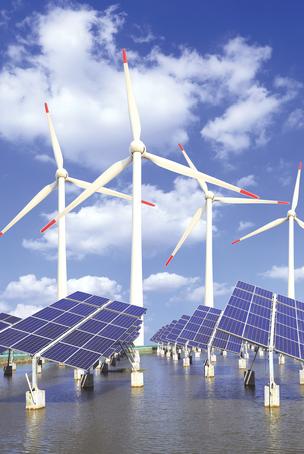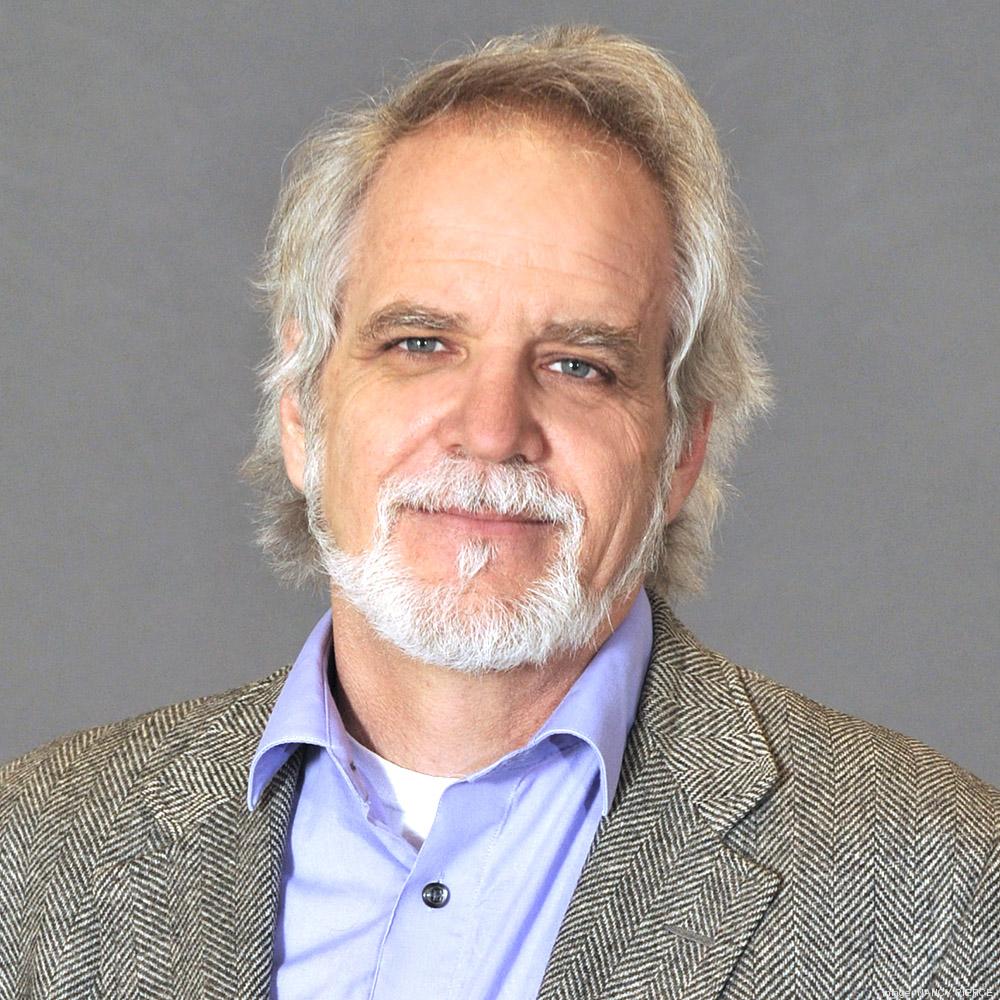Duke Energy gives $1M to Indiana battery center for energy storage research
Duke Energy is contributing $1 million for research at the Indiana Battery Innovation Center on using battery storage with rooftop solar and small wind turbines.
The funding makes good on an agreement Charlotte-based Duke (NYSE:DUK) made with the Indiana Office of Utility Consumer Counselor in 2012 as part of a settlement of cost overruns at Duke’s Edwardsport gasified coal plant.
The research will look at ways battery storage can be used with smaller sun and wind installations to maximize the power available from such projects and integrate them more easily with the power grid.
School storage
The effort will include installing energy storage systems at two schools served by Duke Energy, preferably with renewable-energy sources already on site. The systems will test the benefits of energy storage and serve as a learning lab for students. The schools have not yet been selected.
“Through this new partnership between the OUCC, (the innovation center) and Duke Energy, Indiana will continue to grow the public/private partnerships necessary to bring together the talent and resources to make our state a leader in energy storage,” says Indiana Lt. Gov. Sue Ellspermann, who announced the grant Monday.
Testing through 2016
Duke Energy Indiana President Doug Esamann says the research is aimed at resolving an inherent problem with distributed generation from small independent sources.
“Electricity is a unique commodity because it must be produced at the exact time it’s needed,” he says. “Technology that can store energy is a way to advance renewable energy sources such as wind and solar which are clean, but not always available when power is needed.”
The innovation center expects to begin testing the benefits of storage with small solar and wind projects this fall. The school programs will begin in the winter. Testing will continue through 2016.
Settlement deal
Cost overruns at the Edwardsport plant raised the operation's total cost from the initial $2 billion estimate to about $3.5 billion.
In 2012, Duke worked put an agreement with the state's consumer counselor to limit the portion of the plant construction charged to customers to $2.6 billion.
As part of that agreement, Duke agreed to with the counselor’s office to fund $1 million in clean-energy research. That is the money being given to the battery center.




